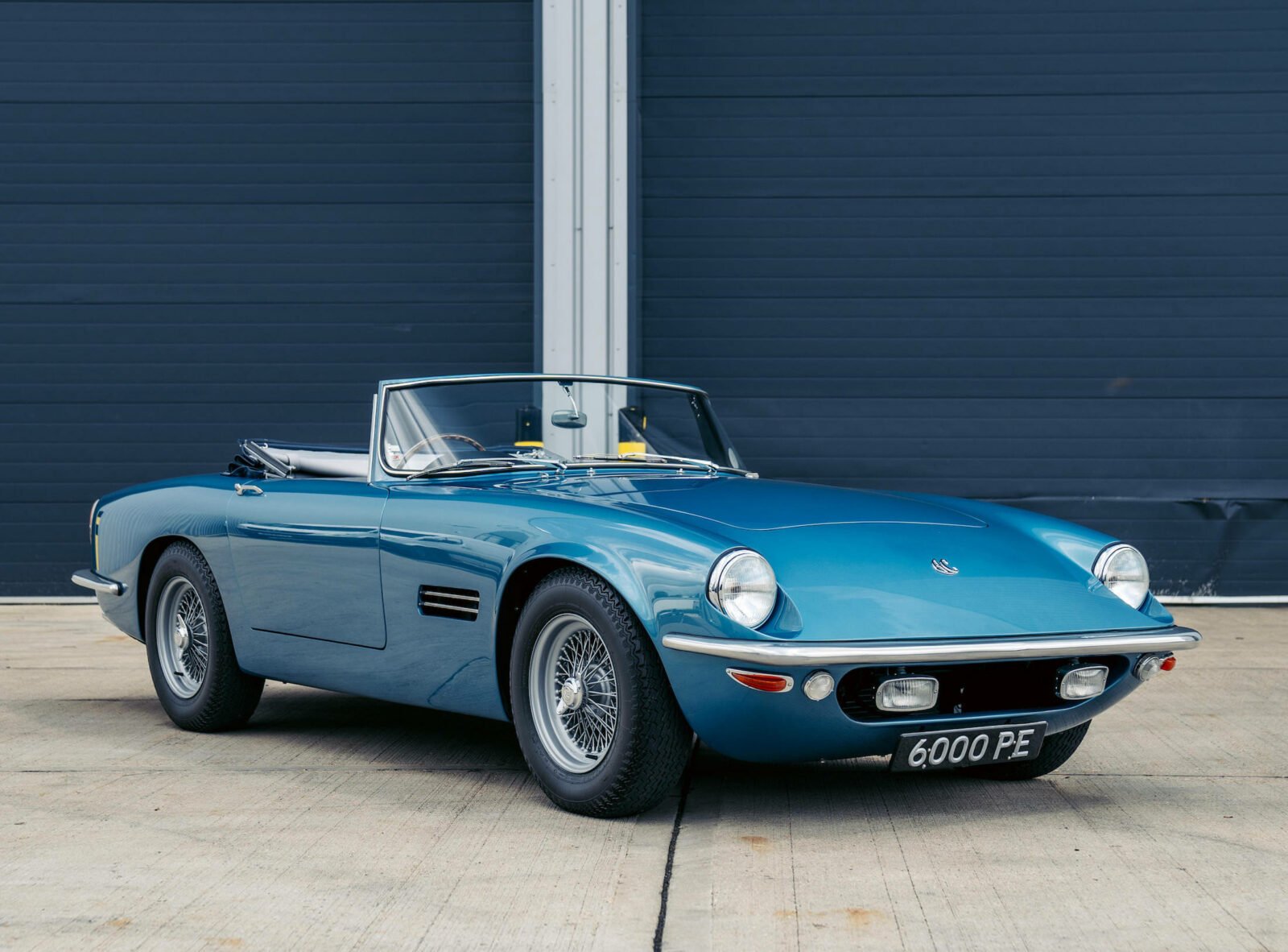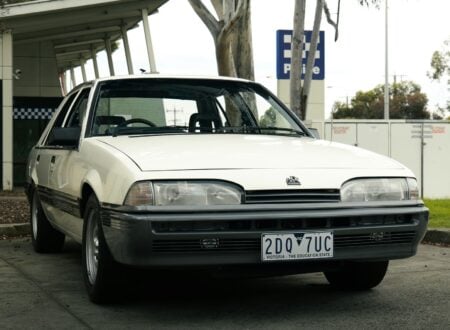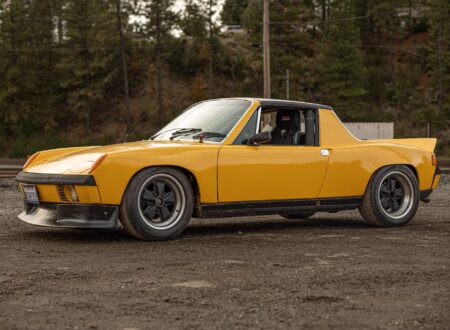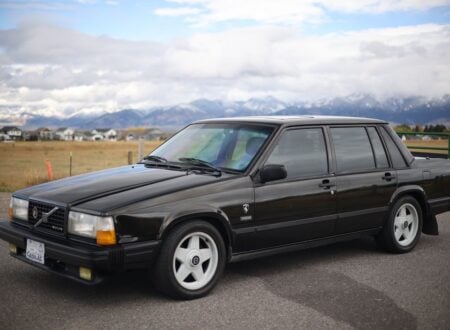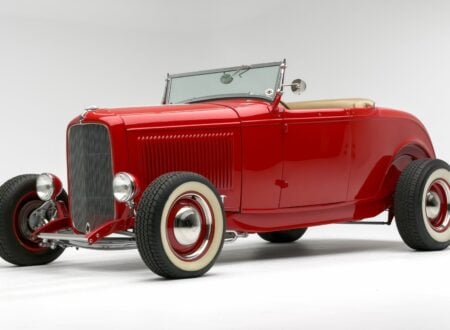This is the only AC MA-200 Roadster prototype that was ever made, and it could very well have provided the basis of a second-generation Shelby Cobra if history had worked out differently.
The MA-200 Roadster was an advanced design by the standards of its time, with independent four wheel suspension, disc brakes front and back, a stiff spaceframe chassis, and a powerful American V8 up front supplied by Ford.
Fast Facts – The AC MA-200 Roadster Prototype
- The AC MA-200 Roadster Prototype was developed in the early 1960s with a view to replacing the long-in-the-tooth AC Ace – the car now best-known for providing the platform for the Shelby Cobra.
- The AC Ace had been released in 1953, it was a lightweight sports car initially powered by a 2.0 liter engine. This would be the car that Carroll Shelby modify, by adding a Ford V8, to create the Shelby Cobra – one of the most iconic sports cars of its age.
- By the early 1960s the AC Ace was showing its age and so AC Cars set to work developing a replacement for it – the MA-200 Roadster. Sadly just one prototype would be made, however later in the 1960s the company would unveil the similar-looking AC Frua in both convertible and coupe body styles.
- The AC MA-200 Roadster prototype is now being offered for sale. It was professionally restored in the USA from 2006 – 2010 and since then it’s won a slew of awards including a class win at the Amelia Island Concours d’Elegance in 2010.
AC Cars: A History Speedrun
The history of AC Cars can be traced back to 1901 when the Weller brothers, John and Charles, established the company in Thames Ditton, England. Initially known as Autocarriers Ltd., the company specialized in producing three-wheeled delivery vehicles. Over the years, AC Cars expanded its lineup to include four-wheeled automobiles, setting the stage for the post-WWII vehicles that would launch them onto the world stage.
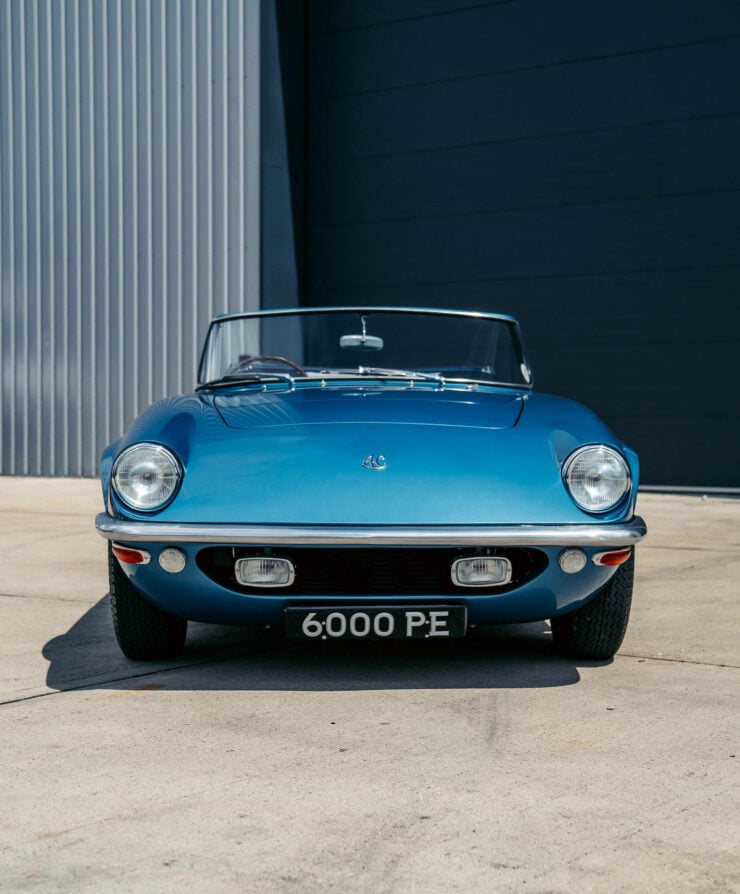

In 1953, AC Cars introduced the AC Ace, a sleek, nimble sports car that became a regular class winner on tracks around the United Kingdom. The Ace was designed by John Tojeiro, it featured a lightweight tubular frame and four wheel independent suspension bestowing it with good handling by the standards of the time. Powering the Ace was a range of engines starting with AC’s 100 bhp SOHC straight six with a displacement of 2.0 liters.
Later engines would include the more powerful 2.0 liter Bristol straight-six, itself based on a BMW design, and a 2.6 liter Ford straight-six offering more power still.
The Arrival Of The Shelby Cobra
The history of AC Cars would be forever changed after they entered the 1959 24 Hours of Le Mans, they took a win in the 2,000cc GT class and finish 7th overall. It’s possible that this is where the car caught the eye of Carroll Shelby, a racing driver who had won Le Mans overall that year but had an eye on retiring from racing due to a heart condition.
Shelby had earlier raced for Allard, a British company that made nimble, lightweight cars powered by thundering American V8s. As a result of this previous experience he realized that the AC Ace could be one of the fastest sports cars in the world if it had an American V8 fitted up front as well as some suspension fettling.
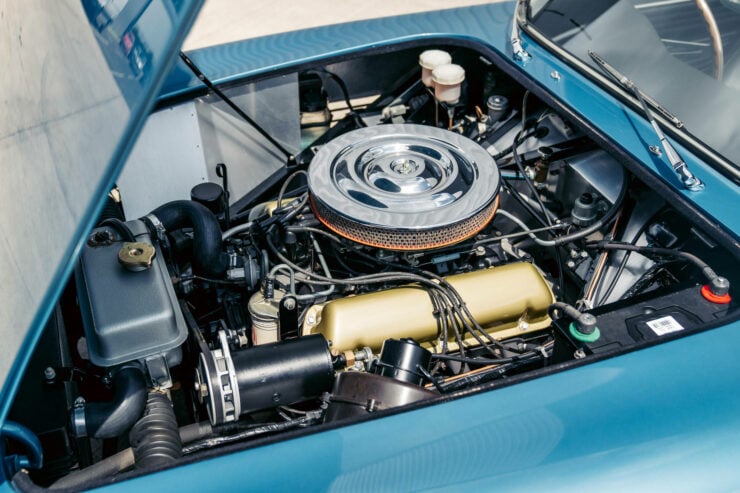

Shelby struck a deal with AC to supply an Ace with an empty engine bay and with Ford to supply engines, he put together a car in his workshop and called it the Shelby Cobra. As it turned out, he had been right. The Cobra became one of the most feared competitors of its time, and when the later model was released with the mighty 427 cubic inch V8 under the hood it was called the fastest production car in the world.
AC Cars would release a number of other models after the Ace, they developed the AC MA-200 Roadster but opted not to put it unto production, instead building the AC Frua 428. Later still they would build the AC ME3000 but only in small numbers.
The company struggled financially for many years but it was revived a few years ago as AC Automotive. It’s now offering a 100% electric version of the Cobra called the AC Cobra GT Roadster, and pricing starts at an eye-watering $305,000+ USD.
The AC MA-200 Roadster Prototype
In the early 1960s it was clear that the now 10 year old AC Ace was going to need replacing. Carroll Shelby had shown what could be achieved with a V8 in a lightweight AC car, and so they must have figured that they would try their hand at it themselves.
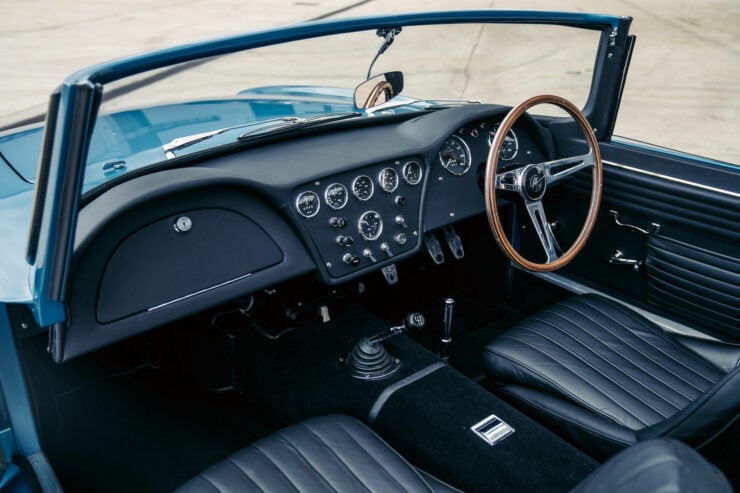

A new spaceframe chassis was developed with a wheelbase of 96 inches. This chassis was clothed in lightweight aluminum bodywork and the car was fitted with coil-sprung independent suspension all round with cantilevered upper links and lower wishbones up front and struts and wishbones in the rear.
The car also has front and rear disc brakes, rack and pinion steering, and a 4.7 liter Ford V8 sending power back through a manual transmission to the rear wheels.
While the car was out testing in England it was photographed and ended up in Road & Track magazine’s December 1964 edition – a photograph of MA-200 appeared with the caption: “a prototype AC Cobra has been seen on the roads of England, giving cause to many rumors.”
Sadly it was not to be, and for reasons lost to history the MA-200 project was shelved in favor of the AC Frua, also known as the AC 428, which was released in 1965. Though it has to be said, the styling of the car did look somewhat similar to the MA-200.
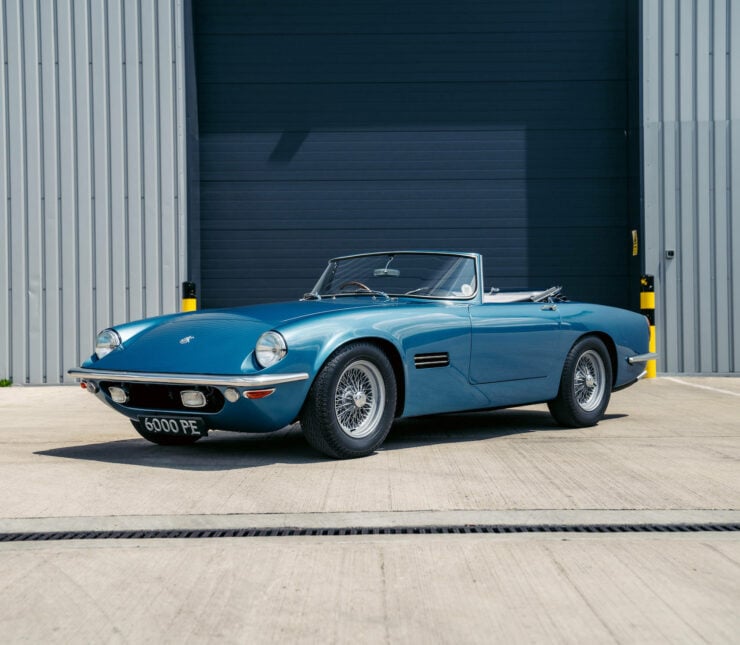

The 1963 AC MA-200 Roadster Prototype Shown Here
The car you see here is the original AC MA-200 Roadster prototype from 1963, and now for the first time in a long while it’s available for public sale.
The vehicle has spent some of its life in England and some in the United States, it was restored professionally in the USA between 2006 and 2010 and it then proceeded to almost immediately take a coveted class win at the prestigious Amelia Island Concours d’Elegance in 2010.
It’s now back in England and due to roll across the auction block with Bonhams on the 14th of July at the Goodwood Festival of Speed with a price guide of £450,000 – £550,000 which works out to approximately $572,000 – 700,000 USD. If you’d like to read more about it or register to bid you can visit the listing here.
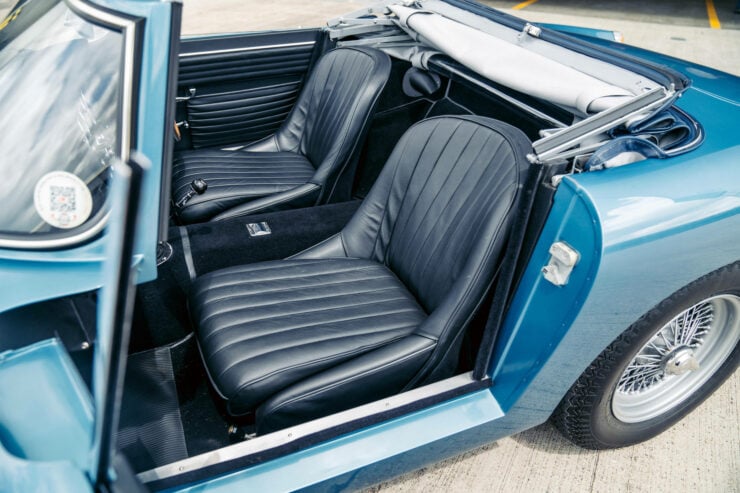
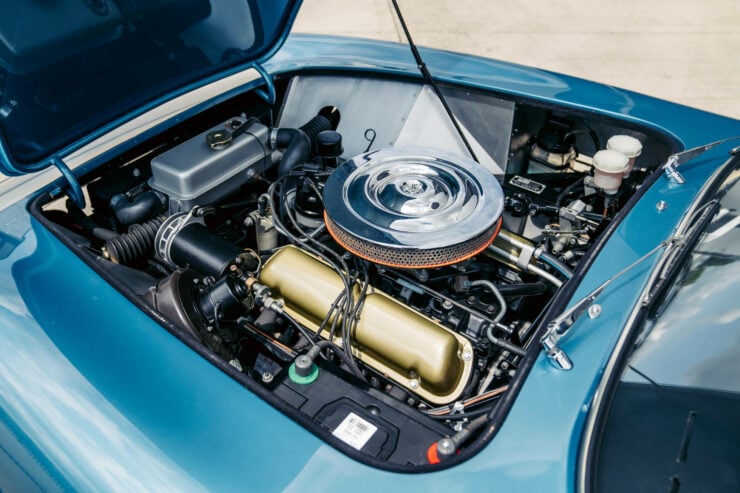
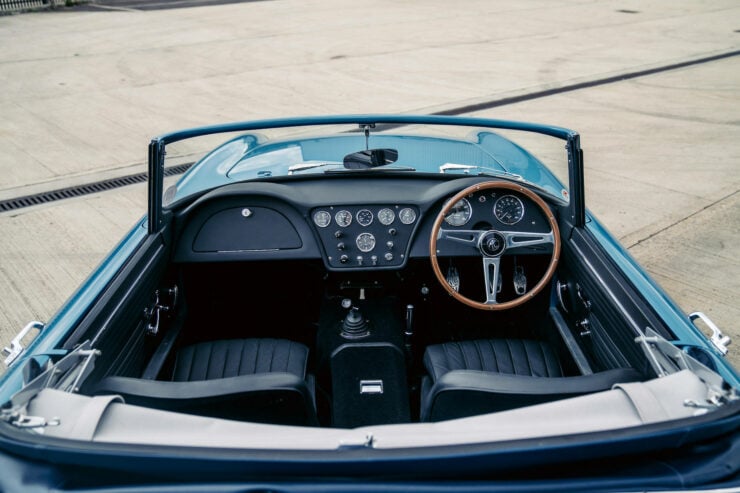
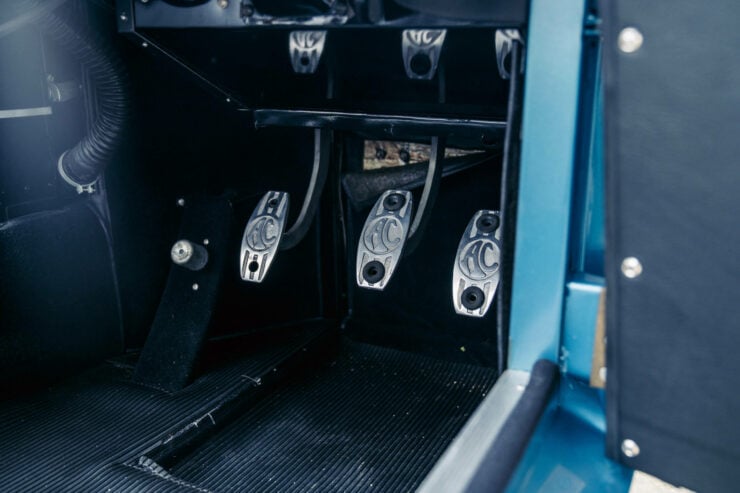
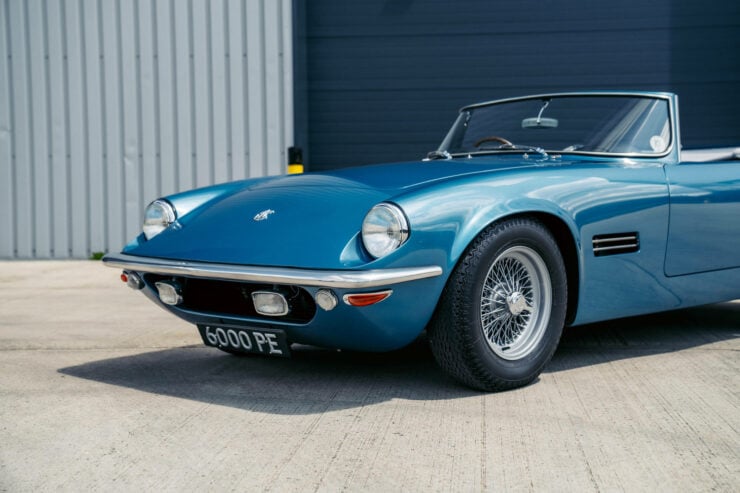
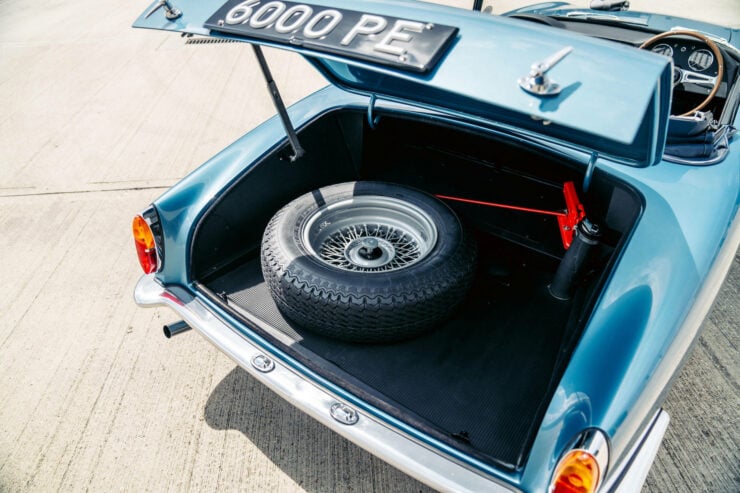
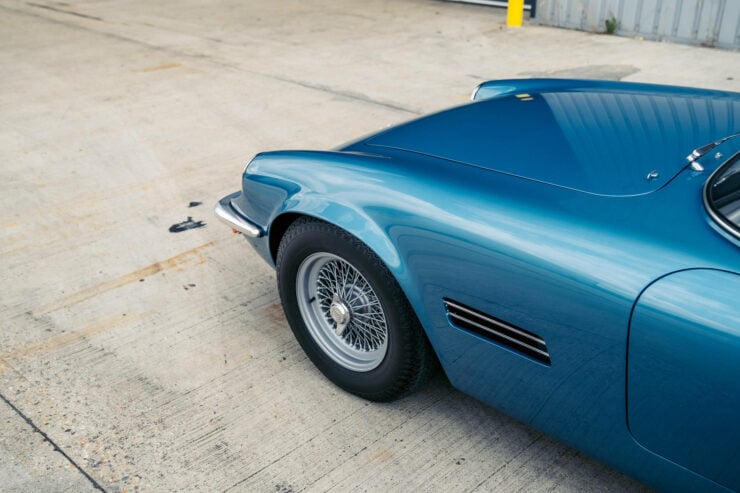
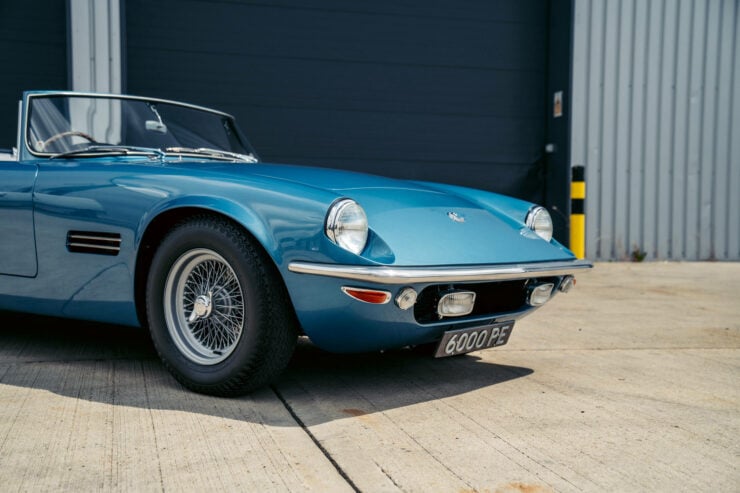
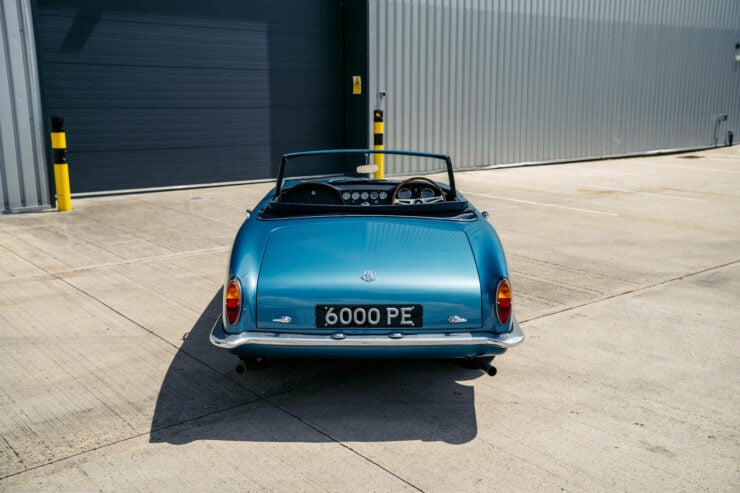
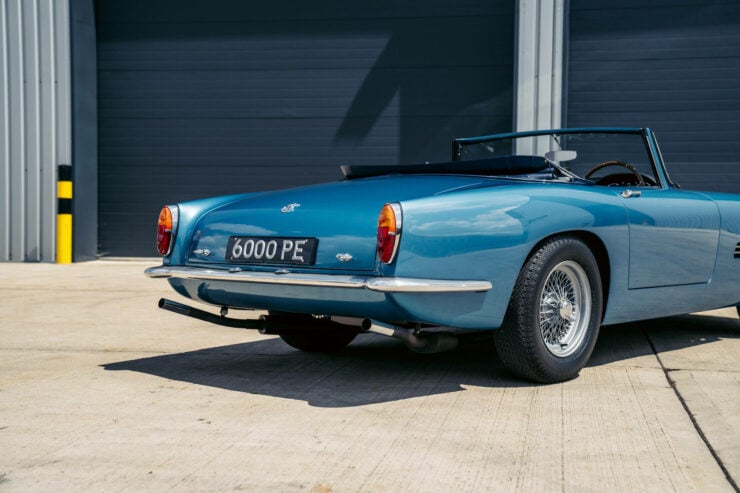
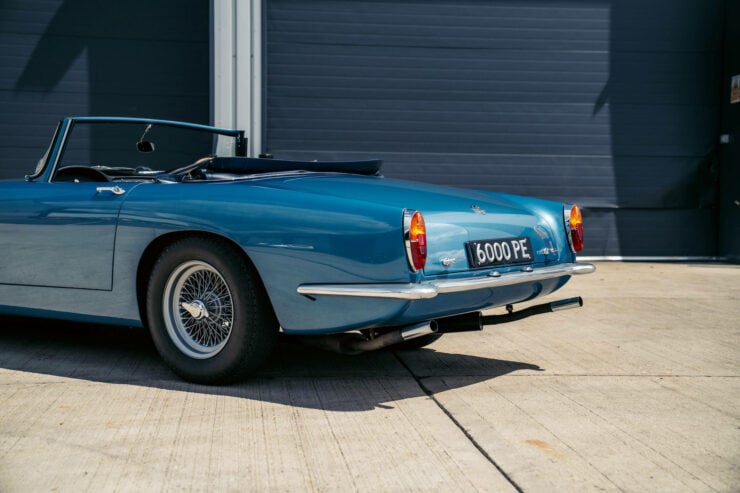
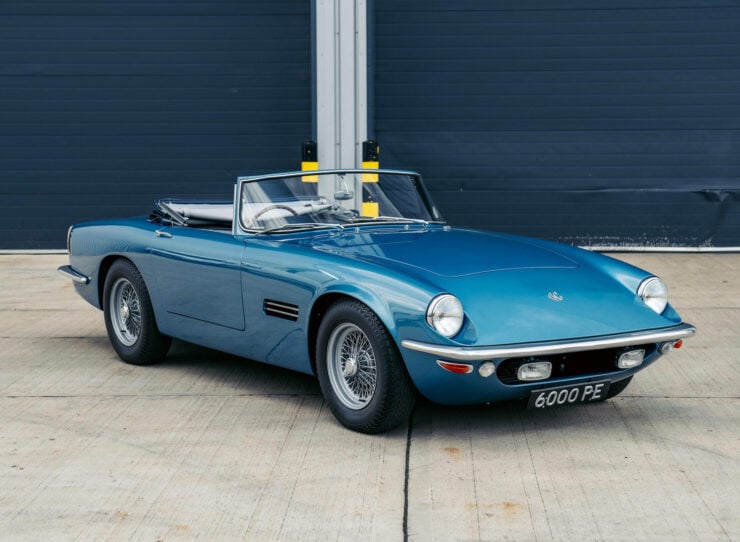

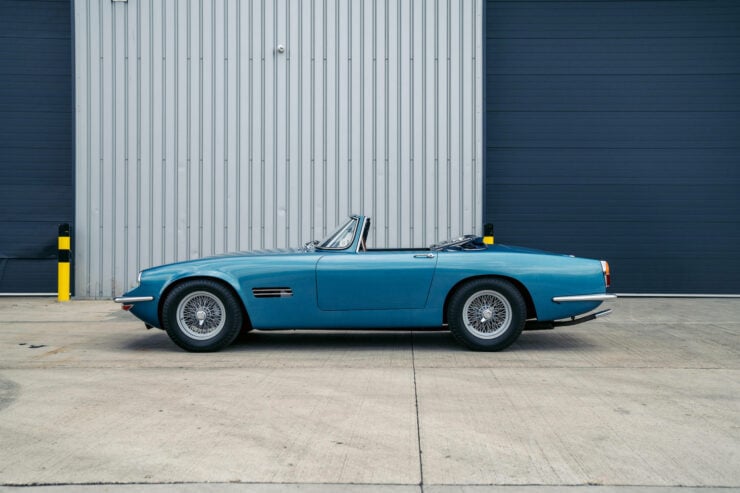
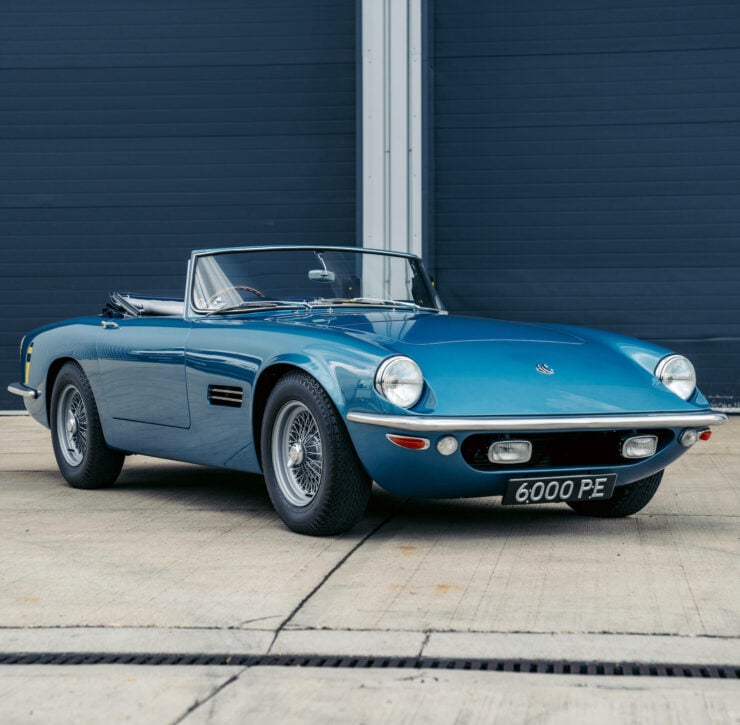
Images courtesy of Bonhams

